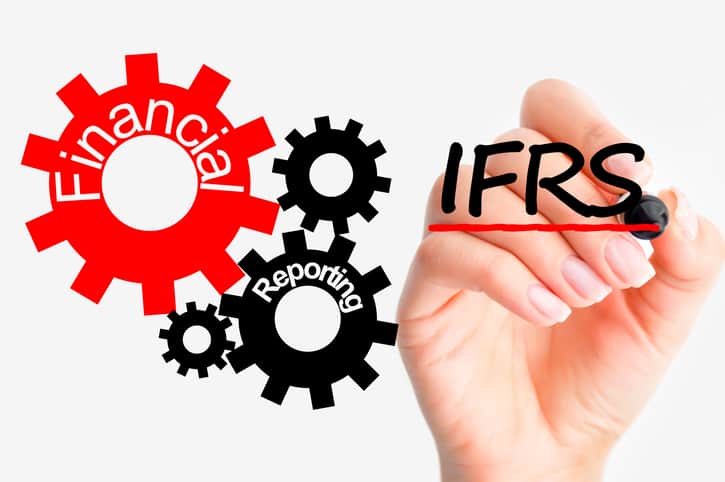IFRS 16, published by the International Accounting Standards Board (IABS), came into effect on January 1, 2019. Most organizations operating in Asia Pacific are aware of this new standard but may not be aware of a better way to make the transition.
The new leases standard will affect most companies in the region, because, simply put, most companies use rentals or leasing to access assets as it’s a popular financing solution.
It allows companies across all sectors to use property and equipment without incurring material initial cash outflows.
In an effort to boost transparency, IFRS 16 eliminates the distinction between finance leases, which were previously capitalized on corporate balance sheets, and operating leases, which were not.
While implementation patterns vary widely across Asia-Pacific, IFRS 16 requires an early, considered response wherever you are.
You should be communicating with all stakeholders to manage their expectations over the impact of the new standard and help guide your organisation through the difficult transition phase.
The importance of an informed choice
Consider your transition approach.IFRS 16 presents organisations with a choice of two basic transition approaches, both of which must be consistently applied to all leases.
The first is ‘full retrospective’, in which the new standard is applied retrospectively to all comparative periods with the financials for these periods, restated as if IFRS 16 had always been in effect.
The second is ‘modified retrospective’, in which the impact is booked from 1 January 2019 (or whenever the initial application date is for the company), and past financials are not restated.
Both approaches carry advantages and disadvantages. The full retrospective approach is clearly a more complex and resource-intensive undertaking but provides a better basis for comparability. The decision on which approach to employ must be carefully evaluated across several key factors.
These factors include your corporate trajectory. For firms planning an initial public offering or marketing to potential investors, the full retrospective approach will be virtually mandatory as sponsors and potential investors will demand the comparability it provides.
For listed entities aiming to provide comparable financial information without the pain of applying a full retrospective approach, the use of ’pro-formas‘ in earnings releases and management discussion and analysis materials may prove an attractive alternative.
You should also think about the availability of information at your organization. In some cases, historical lease data is widely dispersed, poorly maintained, unavailable or otherwise inaccessible, making the full retrospective option less realistic.
We recommend that companies conduct a thorough consultation with stakeholders and a comprehensive inventory count of lease-related data before making a final decision on which method is adopted and whether the data is of sufficient quantity and quality to support their chosen approach.
In smaller firms, finance may handle most aspects of leasing and the choice can perhaps be made by just one or two people. However, in larger companies with regional or international operations, board members and senior management, real estate, treasury and even IT teams will all likely need to be consulted.
The main thing enterprises should keep in mind is that in choosing a transition option and overall IFRS 16 implementation, there is no ‘one size fits all’ approach. A course of action should be determined based on the structure and situation of the organisation.
Tapping into local knowledge
Many companies may lack the time or resources to tackle IFRS 16 while attending to ‘business as usual,’ especially if their leasing arrangements are complex.
Engaging an external partner with experience guiding enterprises through IFRS 16 modelling and data management processes can ease a substantial burden, especially during the intensive transition period.
Firms that operate across the region or internationally will also benefit from working with a partner with expertise on the ground in multiple markets and an understanding of how local practices will affect the application of IFRS 16 to businesses across various jurisdictions.
Expertise on local tax regimes is helpful since, in some jurisdictions, IFRS 16 may have flow-on tax impacts that need to be assessed and factored into decision-making. In Australia, for example, interest expense deductions are limited under the thin capitalization rules. This means some companies whose interest expenses surge as a result of IFRS 16 could face deductions being denied.
Overall, despite the complexities, companies and their stakeholders alike stand to gain from the increased transparency IFRS 16 brings. Formulating an implementation strategy that factors in the effect of the standard beyond the books, and supporting that strategy with the right resources and partnerships, will minimise the pain of transition.
About the author
Lawrence Tsi is head of accounting and tax - APAC at TMF Group.


